08:54, 11/26/2023
Living and attached to nature (forests, mountains, rivers, streams, waterfalls), ethnic minority communities in the Central Highlands always show gratitude and remind each other to protect and preserve that traditional source of life.
Not only do they behave with their daily livelihood in a very standard manner, but even in some traditional ceremonies and festivals that are held, that message is also implicitly used to guide community members to comply in a subtle and strict manner.
For example, the “Catching the water trough” ritual of the Se Dang people in Kon Tum, or the “Carrying the Kpan chair” of the E De people in Dak Lak , thanking the forest god and the water god is indispensable. In the Yang (Kriu Yang) prayer, the celebrant expresses the community’s gratitude to the gods, while not forgetting to remind everyone on this occasion not to violate the related sources of life - the forest and water must be respected and considered as meaningful living beings to consolidate the strength of the community.
Associate Professor, Dr. Tuyet Nhung Buon Krong (Center for Social Sciences and Humanities - Tay Nguyen University) said: Traditional rituals and festivals of most ethnic groups here are cultural and spiritual practices aimed at universalizing the ethical values of the subject towards surrounding relationships, including natural elements (land, forest, water) which are of great interest to ethnic communities, because they are the source of life, and also their living space for generations.
According to this researcher of Central Highlands culture, all traditional rituals and festivals of local ethnic minorities - from customs, life cycles to agricultural crop cycles... all put the above natural elements into each of their cultural practices as a requirement/awareness of survival and development for the community. That overarching meaning is the easily recognizable thing about the life that is closely connected to nature, especially forests and water of the ethnic groups in the Central Highlands, from which historical and cultural values rich in identity are born and created.
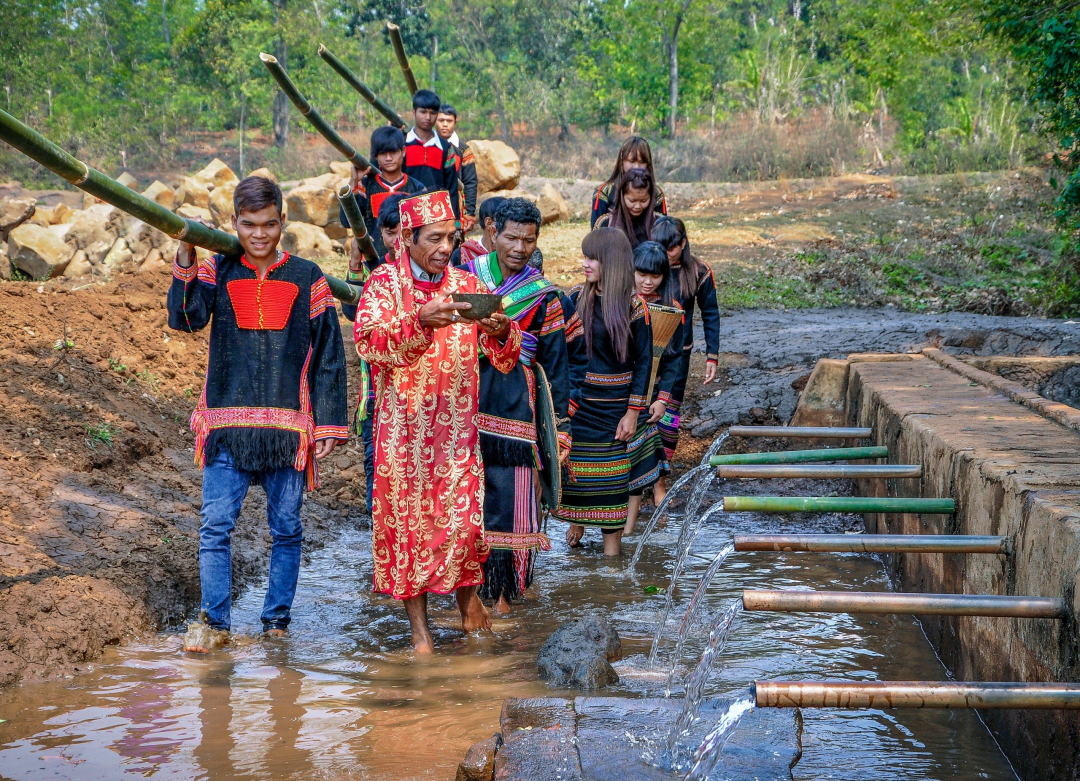 |
| The Ede people's water wharf worship ceremony in Ea Tla village, Dray Bhang commune (Cu Kuin district). Photo: Huu Hung |
In the "Longevity Celebration of the M'nong People" - a national intangible cultural heritage recreated by the cultural sector and a scientific workshop organized to preserve and promote this heritage within the framework of the Dak Lak Province Ethnic Culture Festival in 2023, it also shows that: The customs and beliefs that promote and respect nature are practiced by the M'nong community in the ritual of receiving rice from the warehouse (usually placed in the fields) to bring home to make jar wine, cook rice to offer to the person being celebrated for longevity, as well as to entertain guests, the celebrant and everyone behave according to the customary law - not to cut down forest trees, hunt birds, wild animals..., and at the same time stop all activities that pollute water sources during the preparation of offerings for the above-mentioned festival.
Elder Y On Lieng Ot (Dung village, Dak Phoi commune, Lak district) shared: On the day of the Longevity Celebration, in addition to the children and grandchildren expressing gratitude to their grandparents and parents, the shaman, on behalf of all family members and the community, demonstrates the morality of living before nature to be protected and live long with the profound grace: "Nau rêh tâm bri" (life is thanks to the forest). Thus, the Longevity Celebration of the M'nong people is not only a cultural practice for a single individual/family, but also indirectly conveys a more complete message about the community life connecting people with people, between people with nature, helping them to survive and develop based on the relationships and mutual support in the living space from traditional to modern.
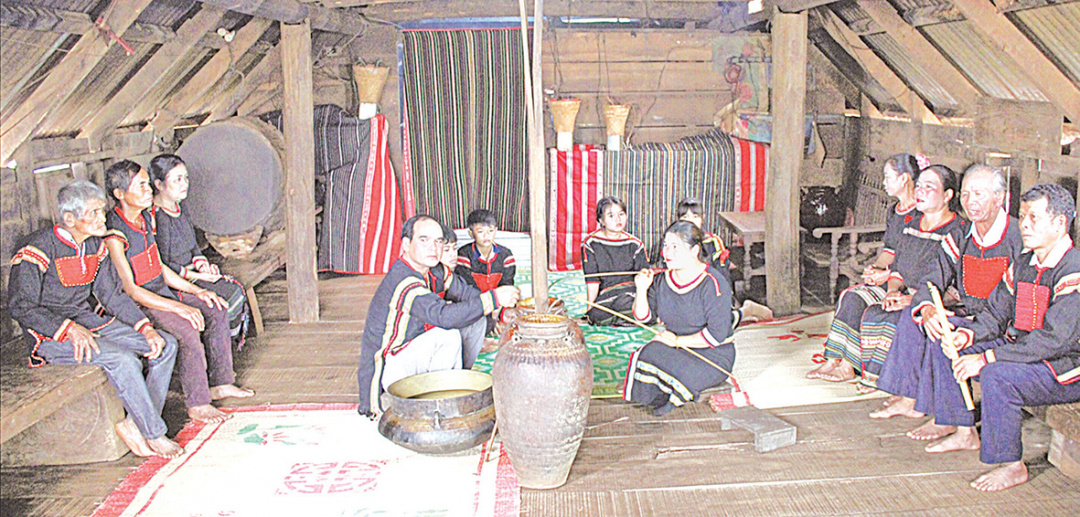 |
| Health worship ceremony of the Ede people in T'ria village (Ea Tul commune, Cu M'gar district). |
“Wherever there is a beautiful and authentic waterfront, the traditional waterfront worship ritual is regularly practiced. Messages about preserving a harmonious living environment are sent out under the religious and spiritual nuances and are strictly followed and implemented by all members of the community.” Assoc.Prof.Dr. Tuyet Nhung Buon Krong |
It can be said that the above message is most clearly, vividly and profoundly expressed through the Water Wharf Worship Ceremony of ethnic minorities in the Central Highlands. Associate Professor, Dr. Tuyet Nhung of Buon Krong acknowledged: The maintenance and maintenance of the water wharf of each village is always a self-imposed requirement for all members of the community - and in fact, that requirement has been met by indigenous peoples by applying animism beliefs in a very flexible and unique way through rituals, in which the water wharf worship is an effective cultural practice to contribute to raising awareness of protecting and preserving life sources/water resources for the community.
The core and most profound thing in this worship ceremony is to promote the message of preserving the integrity and sustainability of the subject's living space. The ethnic minorities here have known how to apply the elements of belief and spirituality to cleverly and smoothly carry out this message. The prayers to the gods and the gods (Kriu Yang) in the water worship ceremony all have the content of asking and reminding supernatural forces and people to live and behave with a grateful mind, supporting each other in the most humane way.
The above perspective is agreed and shared by many people, each time the water wharf is worshiped, the village's awareness of protecting its source of life is raised thanks to the influence and guidance of the belief and spiritual elements that have existed for generations. The prayers: "Oh... God, please give us a source of cool water so that no one will be sick or ill. We will not encroach on the dwelling places of the gods (water, forest) but also bring offerings of sticky rice, pigs, and chickens" are considered an "unbreakable commitment" document, aiming to ensure and move towards a balanced life in both material and spiritual aspects in each ethnic minority community in the Central Highlands.
Dinh Doi
Source


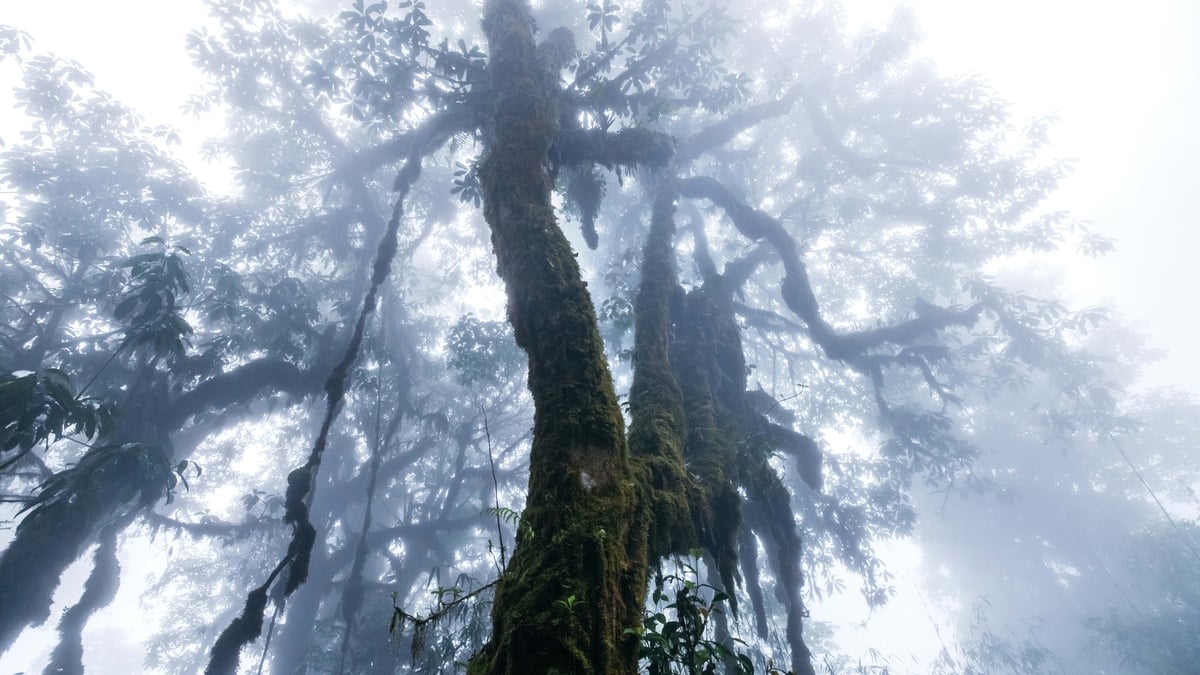
![[Photo] Party and State leaders visit former President Tran Duc Luong](https://vphoto.vietnam.vn/thumb/1200x675/vietnam/resource/IMAGE/2025/5/24/960db9b19102400e8df68d5a6caadcf6)
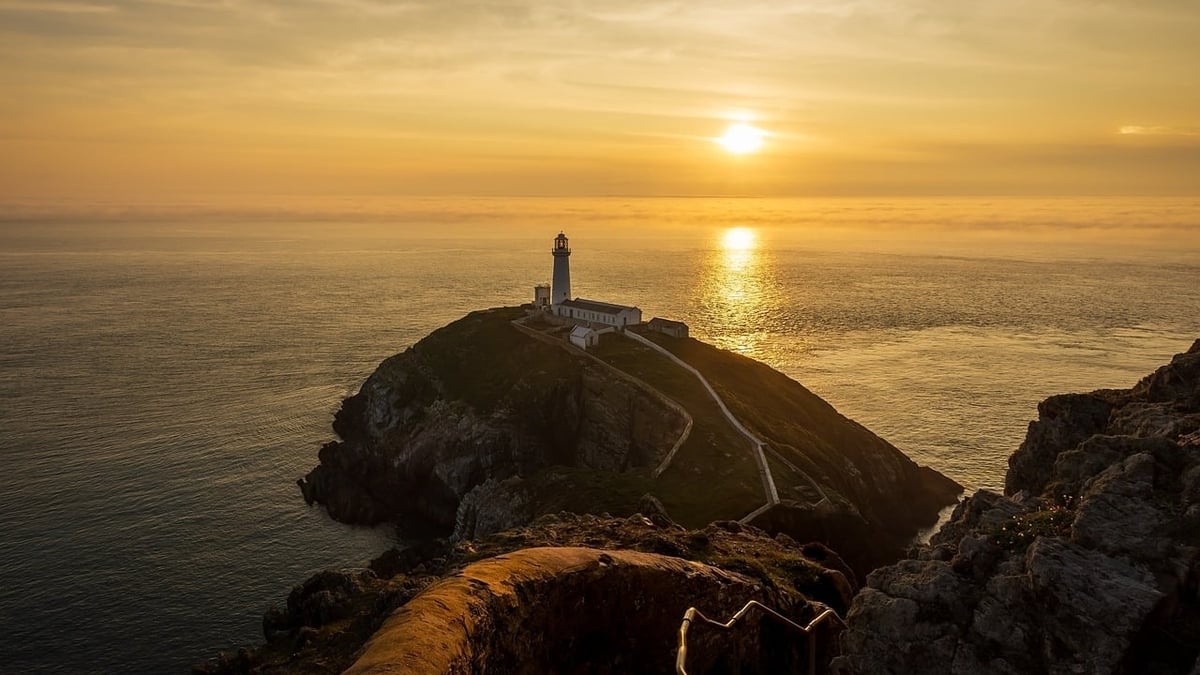
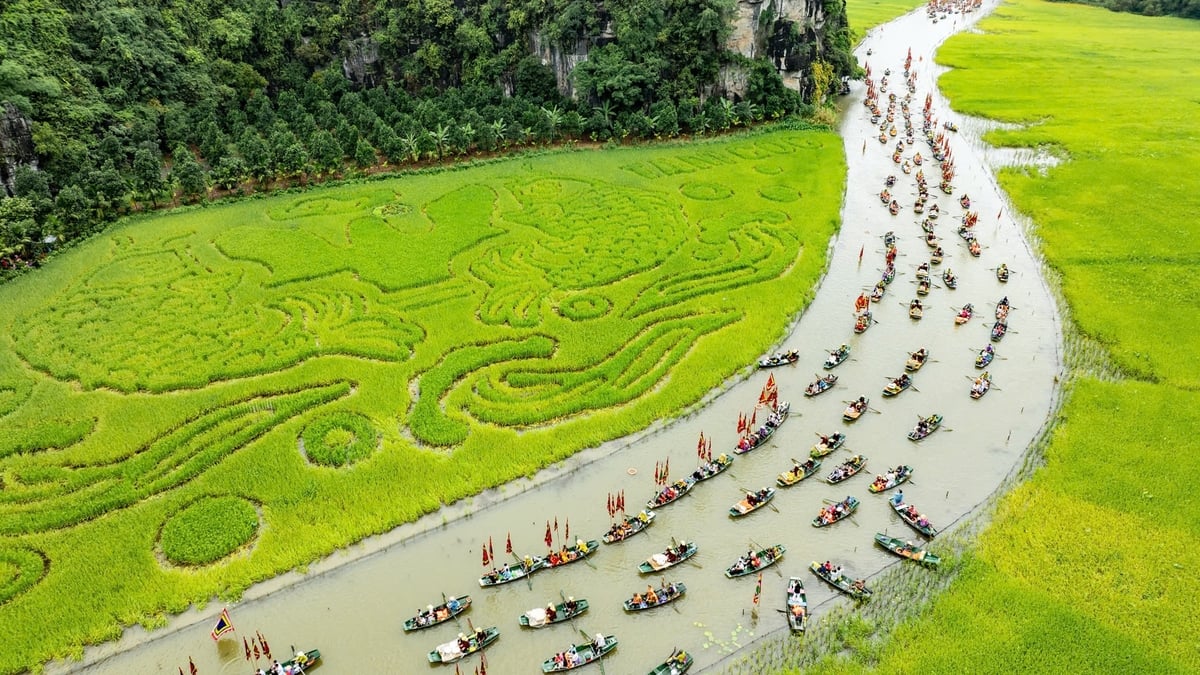


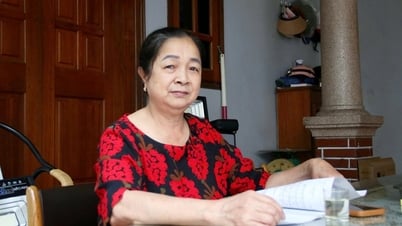





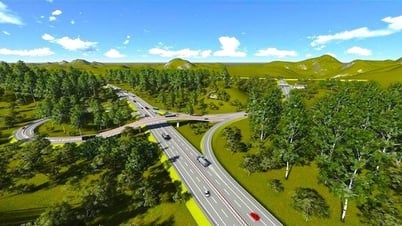


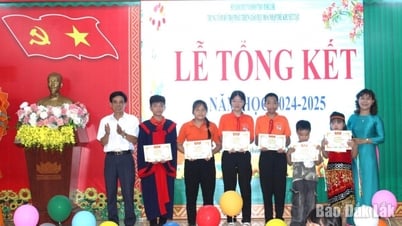

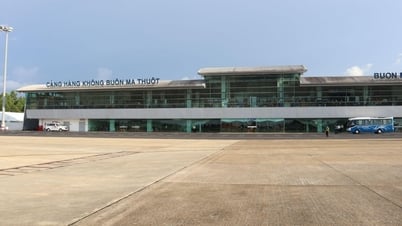

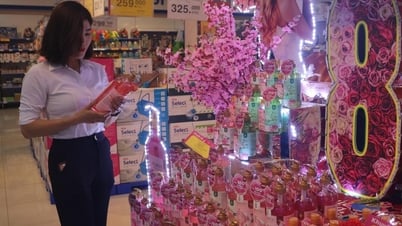

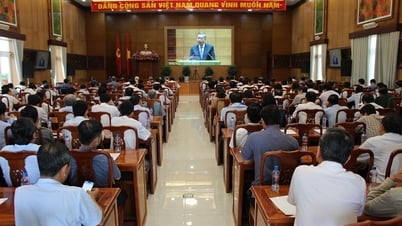







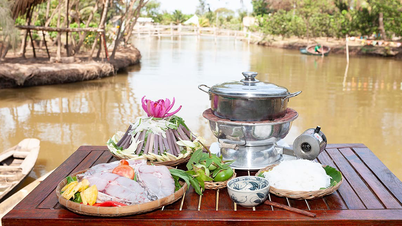
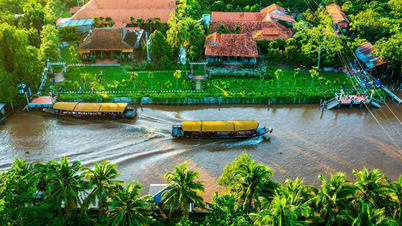
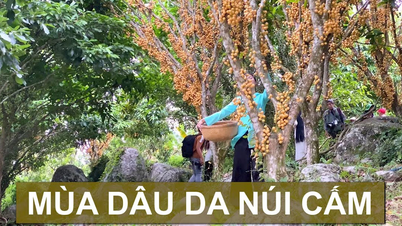
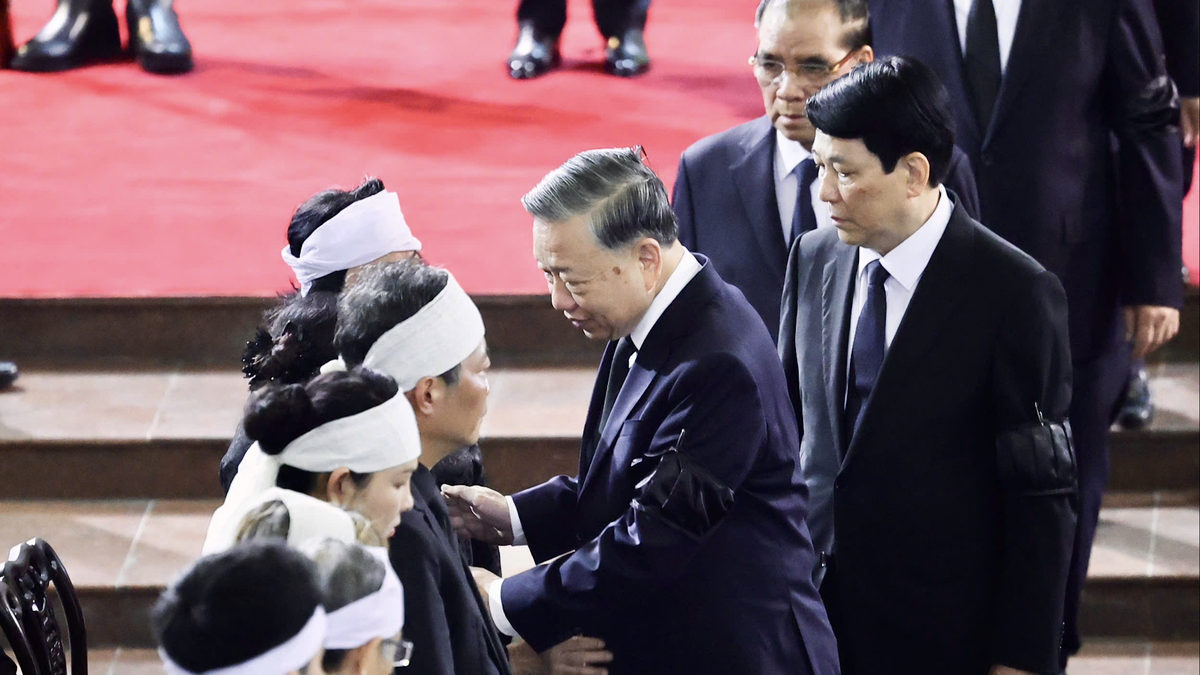
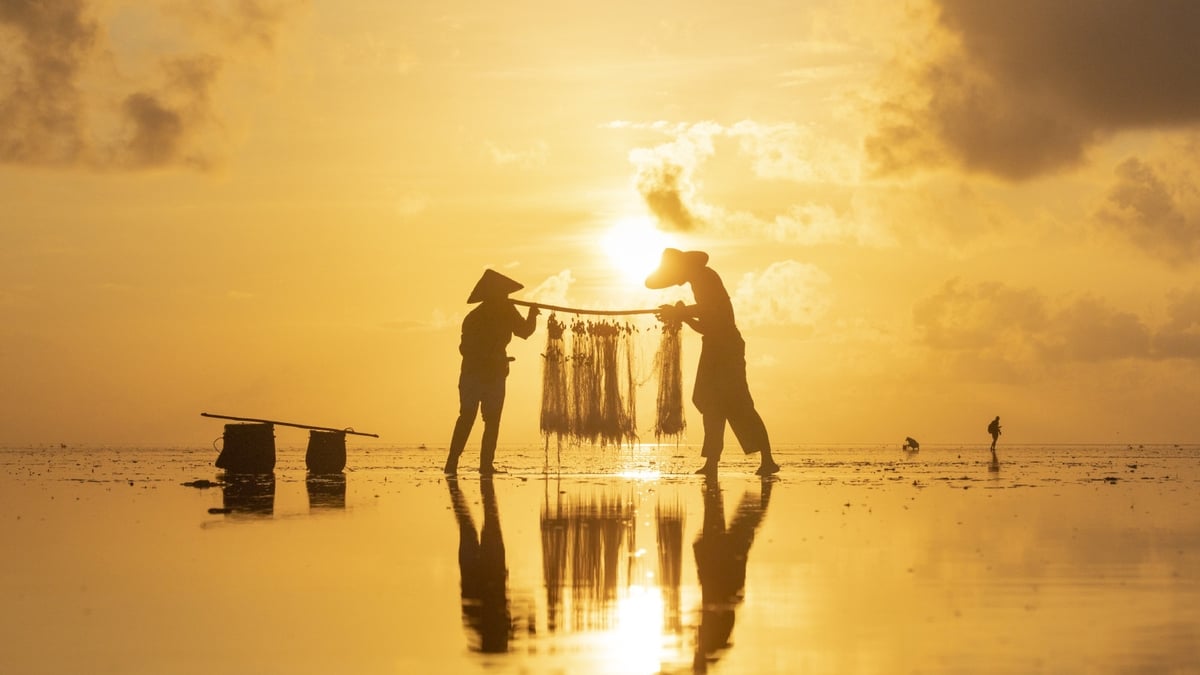
![[Photo] Anh Hoang - Dinh Duc successfully defended the men's doubles championship of the National Table Tennis Championship of Nhan Dan Newspaper](https://vphoto.vietnam.vn/thumb/1200x675/vietnam/resource/IMAGE/2025/5/23/d6ab3bcac02c49928b38c729d795cac6)
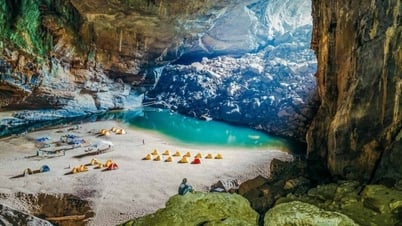



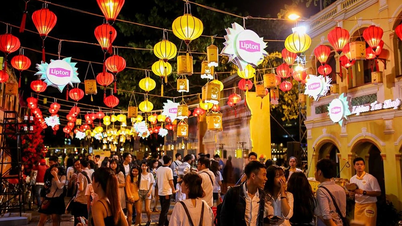

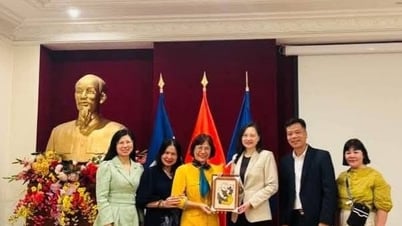

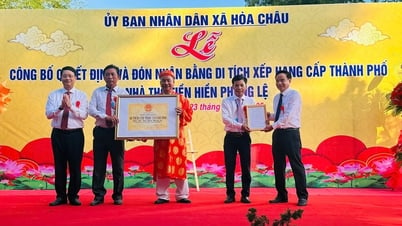




















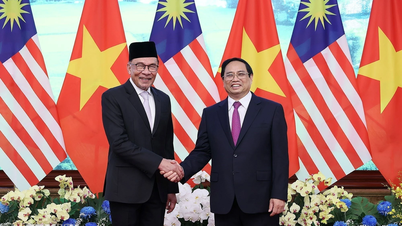

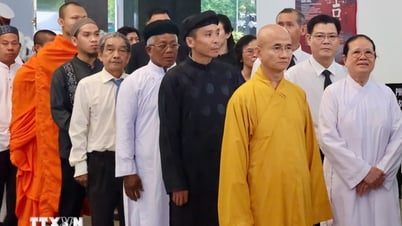
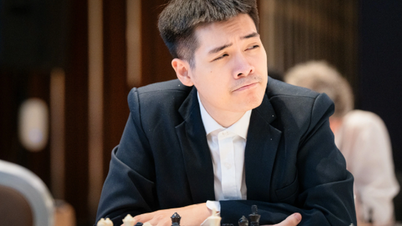
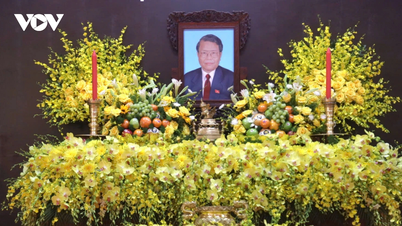
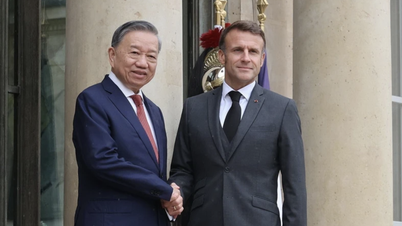
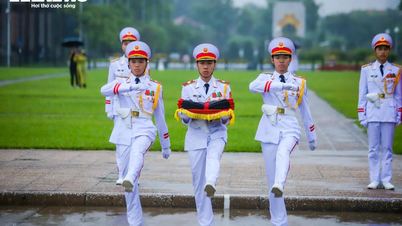








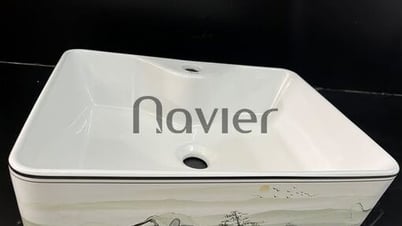

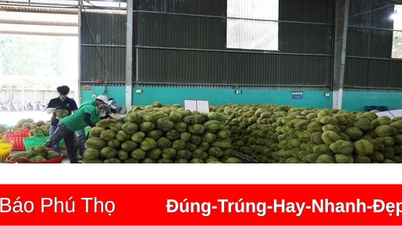

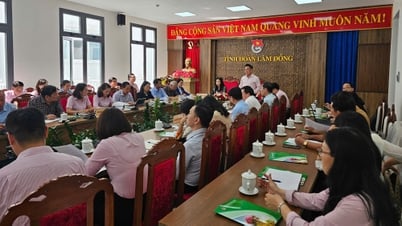

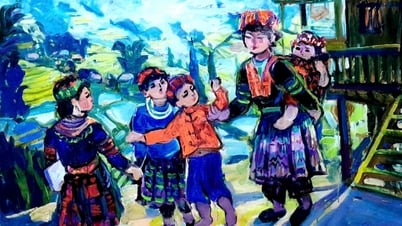
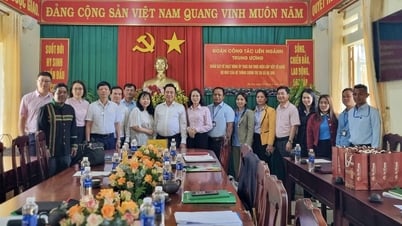
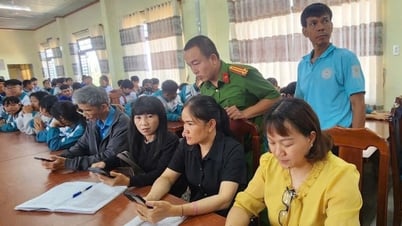











Comment (0)